創薬研究におけるD360の役割
化合物の構造と活性の関係を理解し、開発する化合物の優先順位を決定する必要がある創薬研究者は、手作業でデータを照会したり、データビューを構築するためにITチームに依頼するなど、多くの時間を費やしています。D360は、セルフサービスでデータ・アクセスや可視化を実現し、意思決定をより迅速かつ容易に行えるようサポートします。
D360™ は、低分子および生物製剤の創薬研究のための科学情報プラットフォームです。D360は、社内データをフル活用し、設計・製造・試験・分析サイクルを最適化するべく、世界中の6,000名以上の研究者に使用されており、トップ10位の製薬会社をはじめバイオベンチャーにも導入されています。
D360は、化合物の優先順位付け、SARの開発、その他化学・生物学領域における多くの科学的データワークフローを可能にするセルフサービスのデータアクセス、統合されたデータの可視化と分析、CROや他部署とのコラボレーションツールを提供します。
サターラに質問する- D360のデータクエリは科学者であれば誰でも一瞬で作成でき、ダッシュボードとして共有
- データクエリには書式設定や分析マクロを含めることができ、意思決定に必要なデータを正確に取得
- ユーザーはダッシュボードをカスタマイズし、自分のプロジェクトに関連するウィジェットだけを表示可能
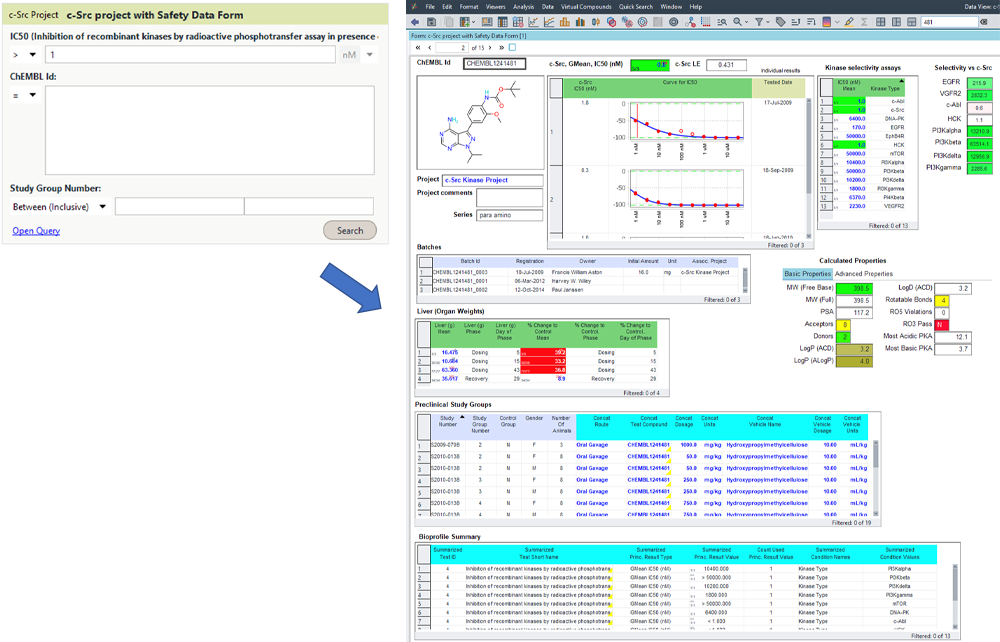
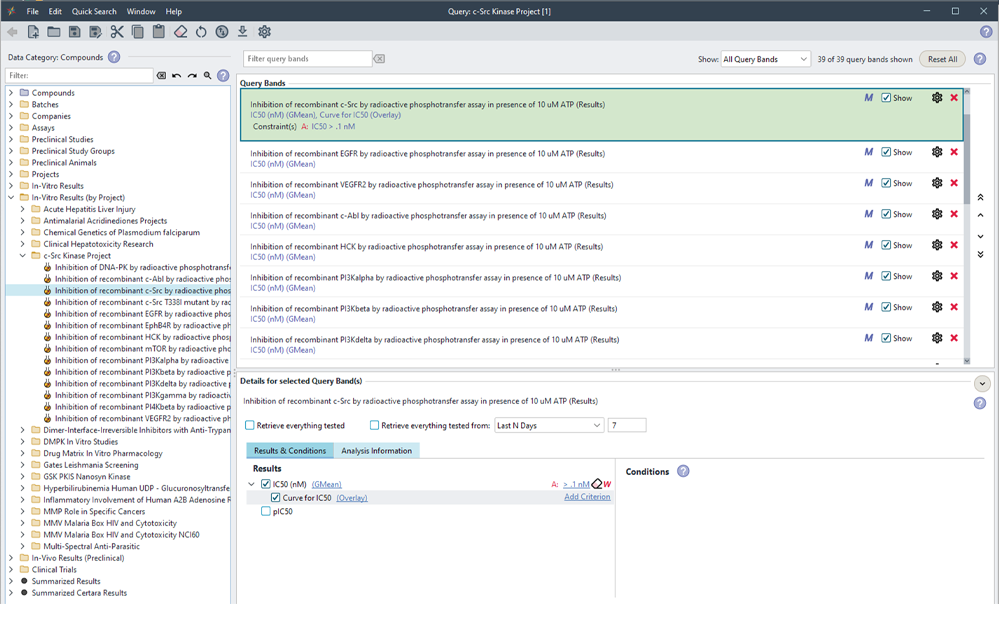
- D360は、複数のデータソース(データベース、ウェブサービス)に接続
- データフィールドは、使いやすいデータカタログとして表示
- ドラッグ&ドロップでスプレッドシートやフォームのデータビューを構築
- データのフォーマット、可視化、分析の自動化
- クエリーは保存、再利用、ワンクリックで作成されたダッシュボード・ウィジェットとして共有
- セルデータごとの多値記録を含むソートとフィルタリング
- データフォーマット:精度、単位、値による色分け
- データの視覚化:データ相関図、散布図、ヒストグラム、棒グラフ、折れ線グラフ、箱ひげ図、ひげ図
- すべての分析ステップをクエリに取り込み、自動化
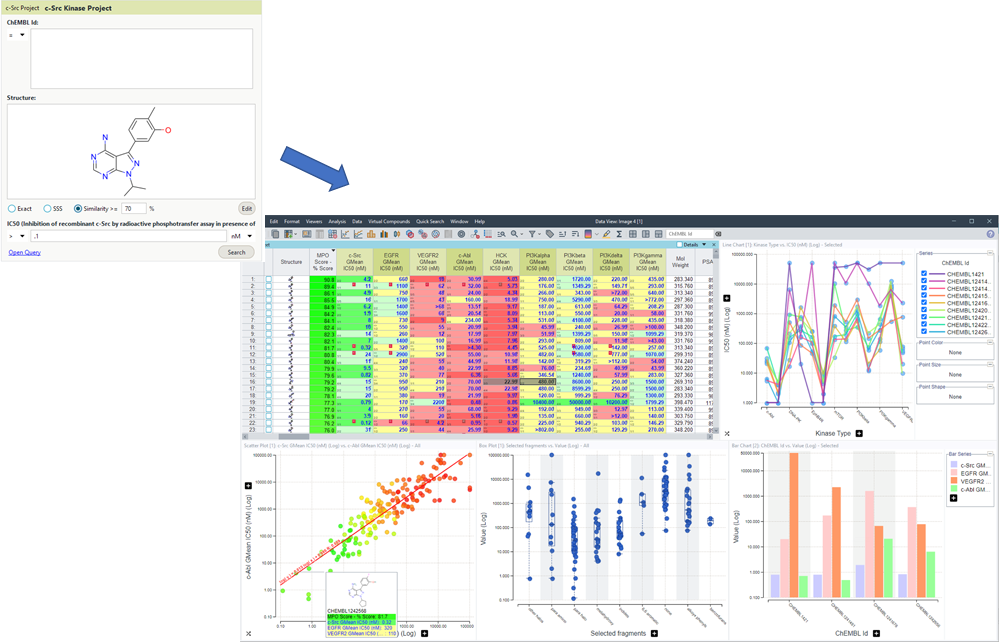
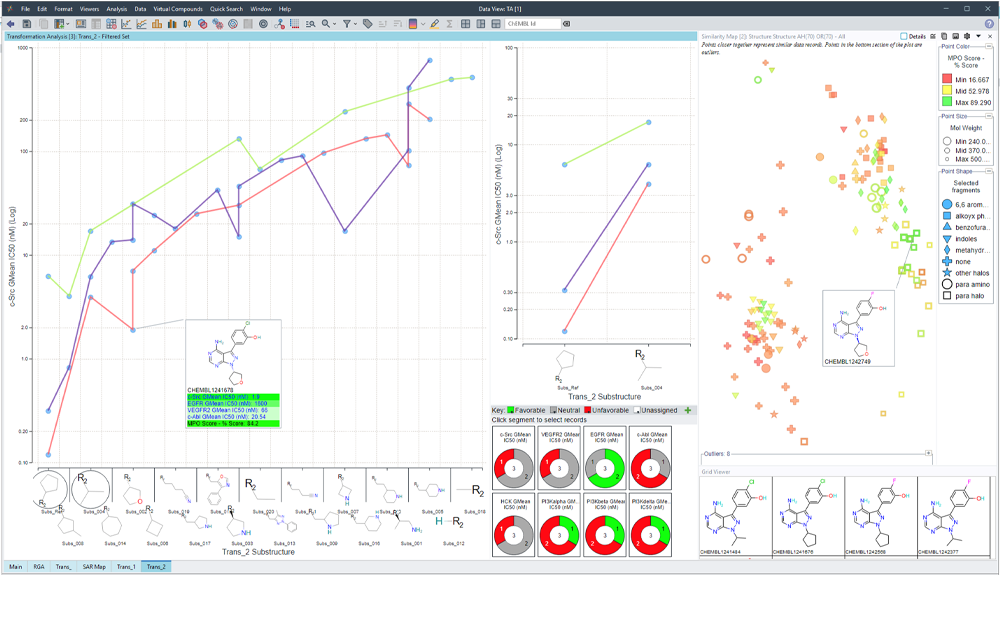
- 化学構造の一貫した表示と取り扱い
- アッセイ結果の一貫した集計
- 構造に基づくクラスタリングとアクティビティに基づくクラスタリング
- Rグループ分析およびRグループ貢献度分析
- コアと置換基の変換分析
- 適合分子ペア分析
- 既存の分子特性計算との統合
- データセット内の自動アクティビティクリフ通知
- 抗体、ADC、ペプチド、オリゴおよびその他のモダリティ取り扱い
- アッセイ結果の一貫した集計
- SARのための配列アライメント
- シーケンスベースのクラスタリング
- すべての分析ステップをクエリに取り込んで自動化
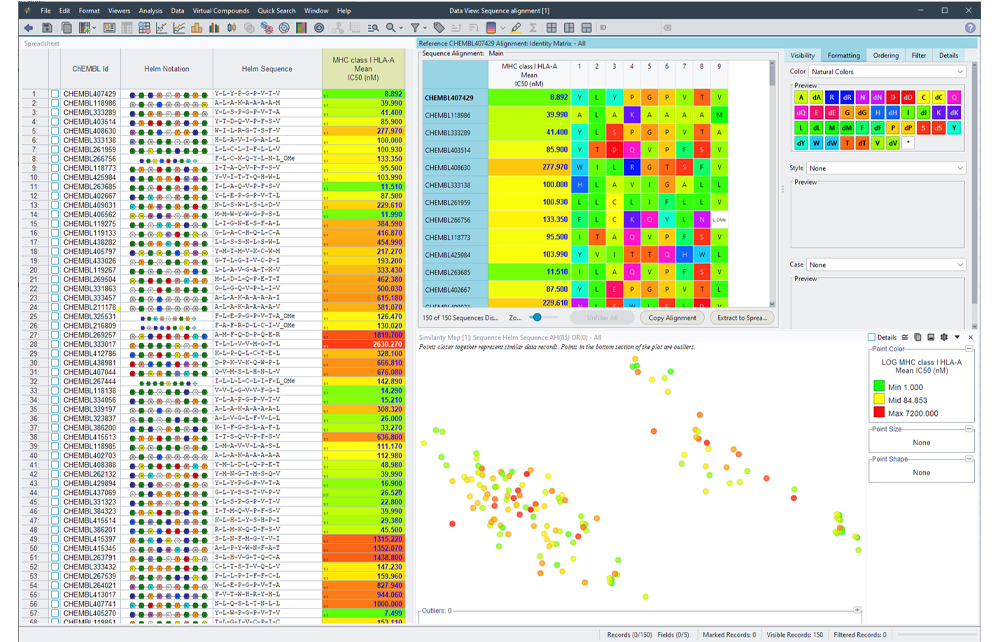
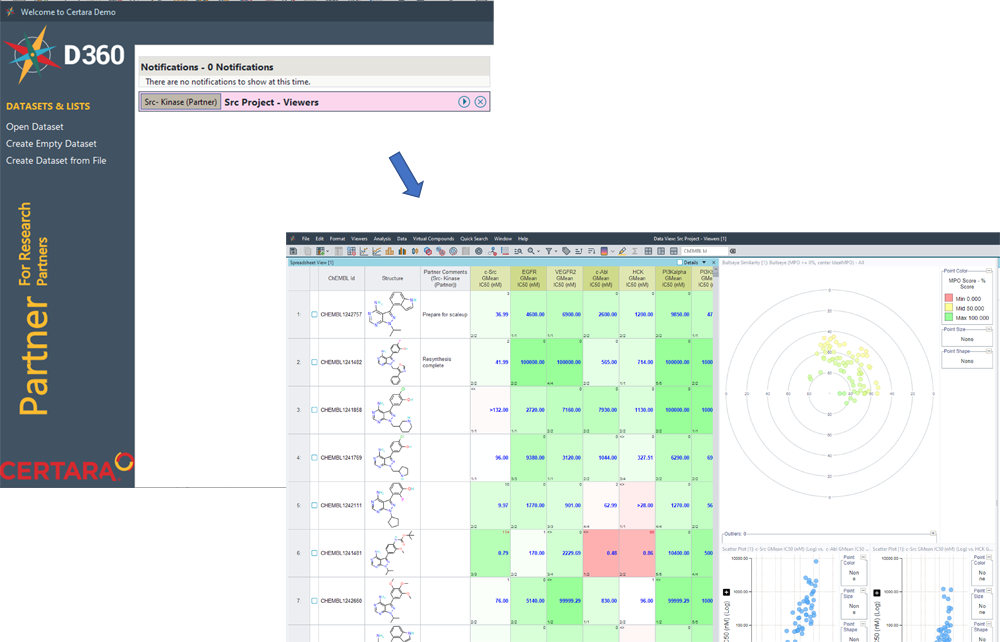
- 外部研究パートナー向けのデータ保護
- チーム全員が同じデータセットを閲覧
- D360アノテーションを通じて共有される情報
- 共同作業者のセットアップも数分で完了
サターラはより包括的な創薬研究のインフォマティクスプラットフォームの開発を目指して、次のような外部組織と協力し、D360との円滑な統合やコネクターの開発に取り組んでいます。
- CDD Vault
- ChemAxon
- Elixir
- Optibrium
- Scilligence
- Scinamic

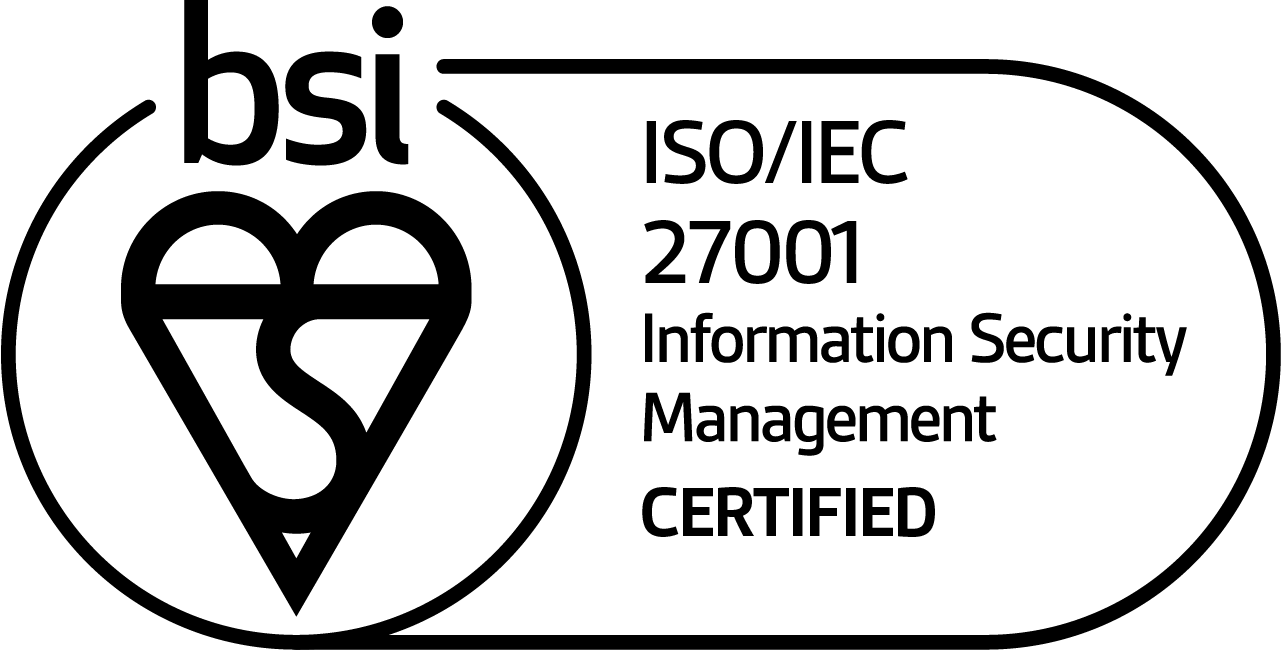
サターラは、お客様の貴重な情報資産を保護することが何よりも重要であると考えています。当社は、Certara Software の情報セキュリティ管理システム (ISMS) として ISO 27001認証を取得しています。当社の認証は、お客様のデータを保護し、その機密性、完全性、可用性を確保するという当社の揺るぎないコミットメントを示すものです。
ISO 27001を取得にあたり、堅牢なセキュリティ管理を実施し、厳格なリスク評価を受け、継続的に改善に引き続き努めてまいります。

15年以上にわたってD360の設計と開発の陣頭指揮を執り、初期の低分子化合物向けの創薬研究から生物学的製剤、さらに前臨床研究データと適用範囲の拡大に成功しています。D360のお客様環境への導入を支援するエキスパートでもあり、創薬、前臨床、臨床、トランスレーショナルサイエンスにおける科学研究データのワークフローに精通しています。

D360を含む計算科学ソフトウェアや科学データインフォマティクスシステムのエキスパートとして、10年以上にわたって、ライフサイエンス業界のお客様に対してコンサルティングサービスやトレーニング、専門のサービス提供に携わっています。

